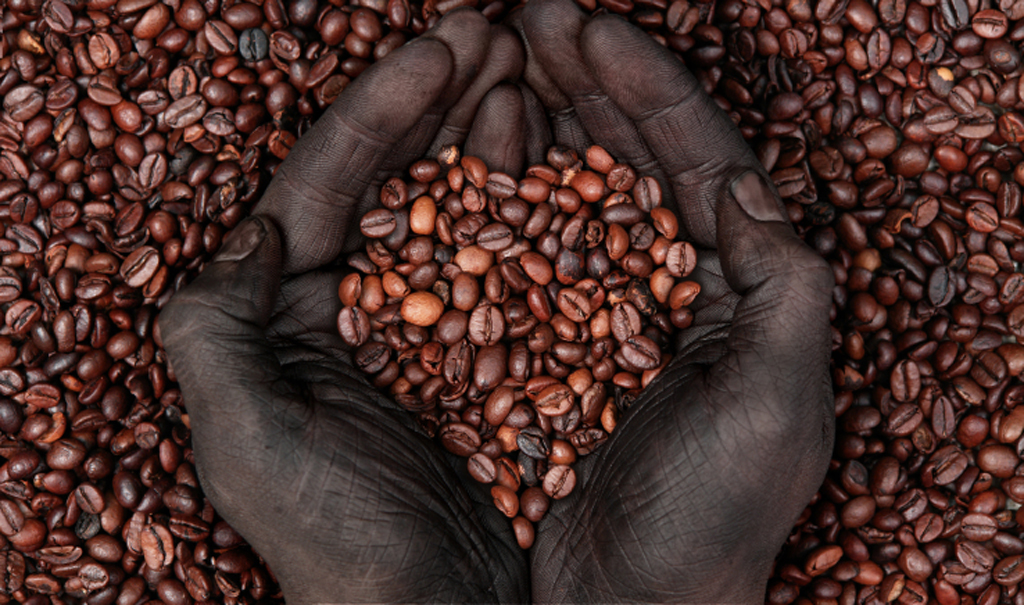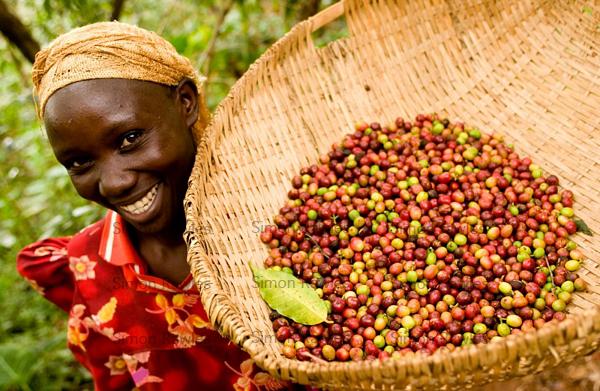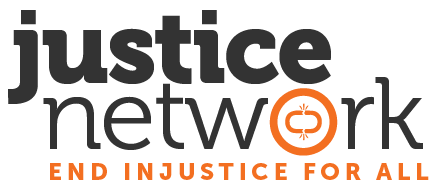
Coffee is consumed by half of the population of the world. The demand is high, yet since farmers don’t tend to make a lot of money compared to the actual sales of coffee, many of the laborers suffer. According to Toward Freedom, “Most of the world’s 25 million coffee growers receive less than 1% of what most consumers pay for their daily cappuccino and only about 6% of the price paid for coffee in the supermarket.”
The laborers are so desperate to provide for their families with little pay, that they receive threats if their production isn’t fast enough, often working while enduring beatings. It has been known that in some countries where superstition and witchcraft are prevalent, there can be threats used involving magic spells if a slave doesn’t comply well enough to their trafficker (such as in the Ivory Coast).
According to International Labour Organization, Kenyan Coffee workers receive up to $12 a month while the minimum wage is three to four times larger. Women don’t receive as much pay in many countries, receiving half the pay the men make, even if they work a few extra hours.
Because children don’t always have an option of or money to attend school, full families can be seen working together on coffee plantations. Sometimes their parents make them work so they have extra funds to feed them or to teach them about responsibility early on, not realizing the damage the intense strain can have on a child. 7-14% of coffee workers are children. The work can leave the child vastly more vulnerable to diseases and muscle injuries their bodies are not ready for.
Here are health hazards received by improper treatment of coffee plantation workers and traffickers not making a way for better working conditions:
• Injuries from contact with, or entanglement in,
unguarded machinery or from being hit by motorized
vehicles
•Injuries from cutting tools ranging from skin abrasions
and minor cuts to severe wounds
• Hearing loss or impairment due to noisy machinery
• Musculoskeletal injuries from repetitive and forceful
movements, and lifting and carrying heavy or awkward
loads
• Poisoning and long term health problems from pesticide
use or exposure
• Respiratory problems due to exposure to coffee dust
• High levels of sun exposure which can result in skin
cancer and heat exhaustion;
• Snake and insect bites
• Long working hours
• Stress. [1]

What You Can Do To Help Bring Change
Many well known coffee companies fail to comply with helping these issues in regards to their coffee sourcing. It is important to contact companies and ask for their compliance in allowing you, the consumer, to have full knowledge of where their coffee is sourced. This can help change the dynamics and help take away some of the burden of slavery.
Beyond that, these coffee companies need to make sure that the treatment of their workers are receiving better pay and proper treatment on their farms. They need to make sure that there are no children working on these plantations.
You may choose to buy coffee that comes directly from farmers. One of Justice Network’s volunteers is an advocate for Land of a Thousand Hills. This coffee company has built strong relationships with farmers, make sure that farmers’ children are being educated, and they receive proper profit for the work they put in (and receive fair wages). They also make sure that widows and orphans are cared for!
It is important that we advocate ethically produced coffee, Fair Trade coffee, sustainably made coffee, or direct-farmed coffee while educating others about the labor trafficking that goes on in the coffee industry.
If you are unsure about where to find such coffees, we have a list of good companies you can purchase from. Also we are always on the lookout for ethical coffee shops which you can go to order your coffee from rather than stopping at a Quick Chek or Dunkin Donuts. If you are located in NJ, as we are, we highly suggest stopping at Boonton Coffee, Boxwood Coffee, Kudo Society, American Bulldog Coffee Roasters, Sustainably Harvested Smart World Coffee, Booskerdoo, The Fine Grind, and Rock N’ Joe. These shops offer ethically created coffees!
We highly recommend watching the documentary about the coffee industry called Black Gold. Be sure to watch it with friends and family.
